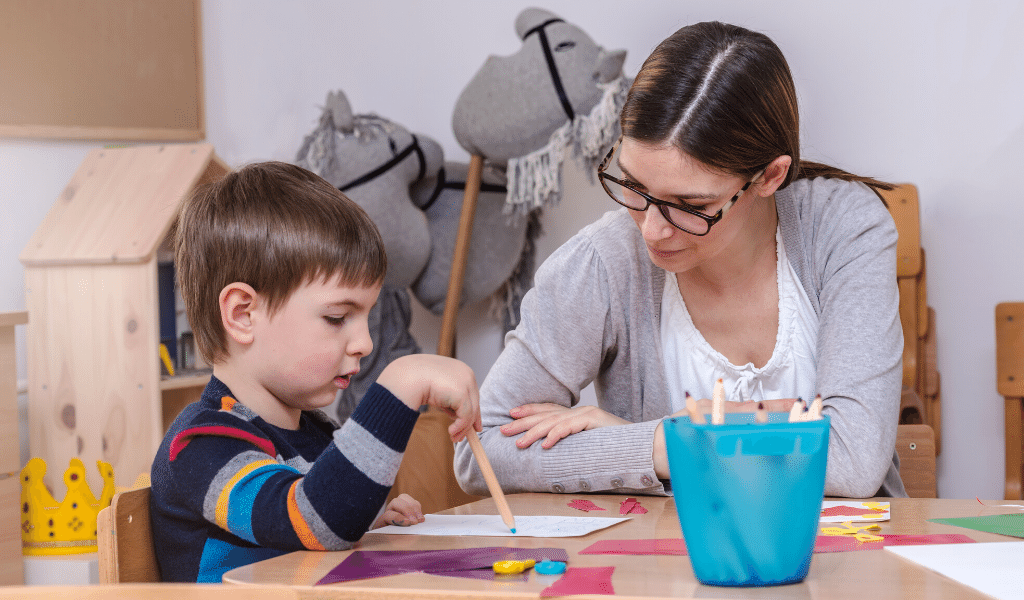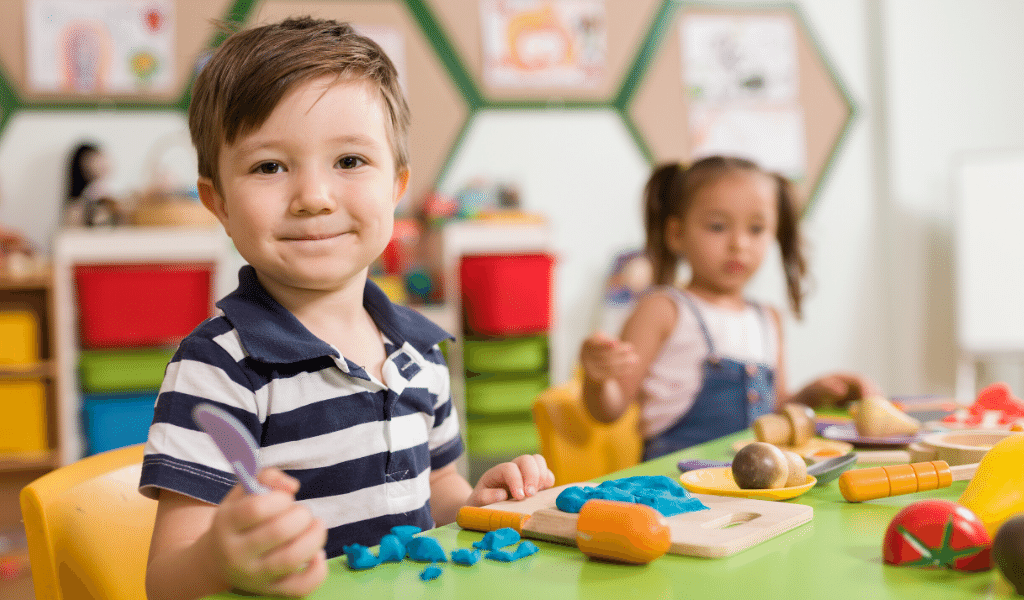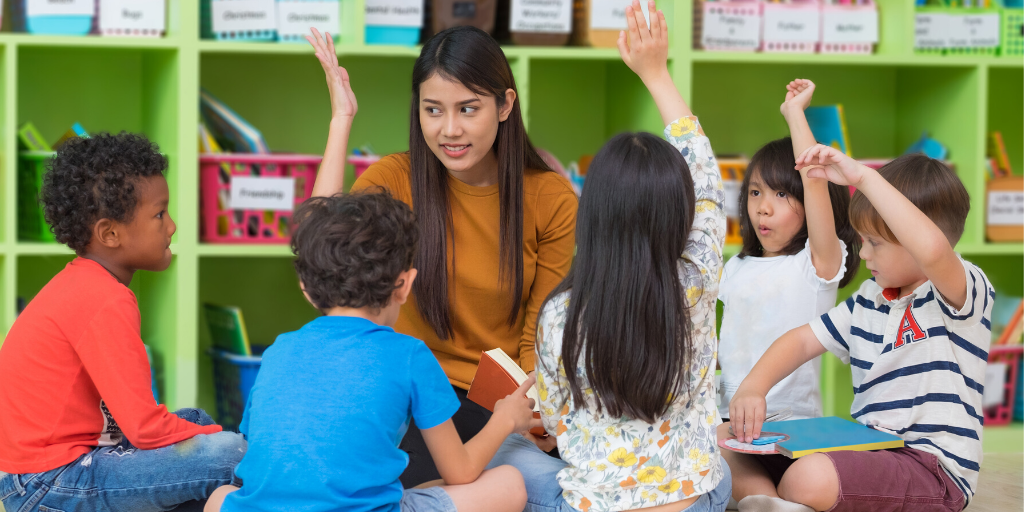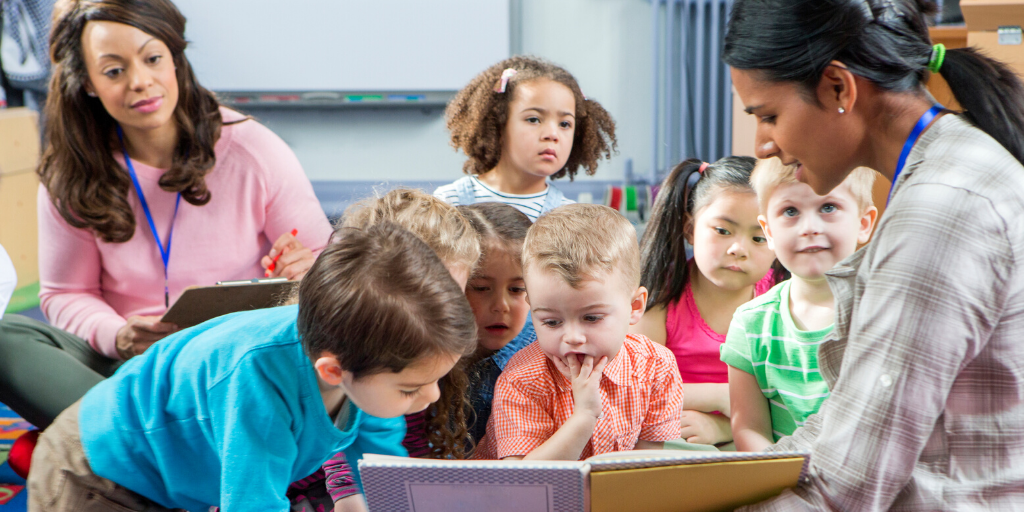In 2018 the Department for Education (DfE) proposed changes to the early learning goals and the assessment process within the Early Years Foundation Stage (EYFS).
On 31st March the DfE published the final Statutory Framework for the Early Years Foundation Stage which comes into force from 1st September 2021.
The reforms announced are designed to:

The EYFS reforms have received a very mixed response from the early years sector. Despite the consultation responses to the new reforms, little has changed since the consultation draft. Across the sector, there are:

Who remembers the National Standards? Desirable Learning Outcomes? Curriculum Guidance for the Foundation Stage? Birth to Three?
These all came before the conception of the Early Years Foundation Stage in 2008. The EYFS has been revised and updated several times in 2012, 2014 and 2017. All these changes impacted our daily practice, policies and paperwork in some way, shape or form. I vividly recall the reluctance of delegates to introduce the EYFS at training sessions up and down the country in 2008! The early years sector is immensely resilient!
Since Dame Clare’s review in 2011 informing the 2012 revisions to the EYFS, the learning and development requirements have remained unchanged. The original guidance document Development Matters (2012) was a hugely influential and informative document. However, sadly the original intentions around the document have been lost. Despite the document stating on every page that it is not a checklist (as children learn and develop at their own rate), in practice, it has been used as an assessment tool. Additionally, since 2012, there has been a lot of additional research on brain development, self-regulation, executive function, etc.
The revised Development Matters document was published in September 2020. Remember that this is not nationally rolled out until September 2021, so you still have time to read through it. Perhaps take it in 4 bite sized pieces:
A coalition of early years experts and organisations launched Birth to 5 Matters on 31st March 2021. This is also non-statutory guidance for the Early Years Foundation Stage.
Again take your time to read through it. There is lots of guidance and extra information to support the early years sector – in fact it is called guidance for the sector by the sector. It is available to view on-line (with links to further information and research), to print to purchase.
The choice of whether to use Development Matters, Birth to 5 Matters, or something else, is totally up to you! If you are a nursery or pre-school setting perhaps speak to your staff team to discuss each the revised documents to help inform your decision:

Emotional wellbeing in early years is perhaps more pivotal than it has ever been with the pandemic. It is well documented that children learn best through play. The current framework makes it clear that the prime areas of learning pave the foundations for future learning; children need to learn through play, exploration, creativity and critical thinking.
The Early Years Inspection Handbook, pp30 states…
‘The EYFS (educational programmes) provides the curriculum framework that leaders build on to decide what they intend children to learn and develop. Leaders and practitioners decide how to implement the curriculum so that children make progress in the seven areas of learning. Leaders and practitioners evaluate the impact of the curriculum by checking what children know and can do’. It proceeds ‘leaders assure themselves that the setting’s curriculum (educational programmes) intentions are met and it is sufficiently challenging for the children it serves’.
Early years settings will already have their own ethos and pedagogy. Child development has not changed, children still need the same opportunities to learn as they always have had. We need to provide cultural capital, the awe and wonder to provide children with the knowledge that they need for the next stages in their lives.

The EYFS is a framework; it may guide your curriculum but the learning opportunities on offer need to be responsive to children’s individual interests and needs. There is no single right way to achieve this! A curriculum rooted in child development, providing each unique child with what they need in the here and now, will help them to build their experiences and learning for the future.
The early adopter EYFS Profile, pp6, states…
‘The early learning goals (ELGs) are what is assessed at the end of the Reception year and should not be used as a curriculum’. And the Revised Statutory Framework has the same message too!
Sue delivered an ‘excellent and very informative’ Kinderly webinar on 5th August 2020 where she helped practitioners understand the changes to the new early learning goals. Catch up with the webinar by subscribing to Kinderly Learn!

